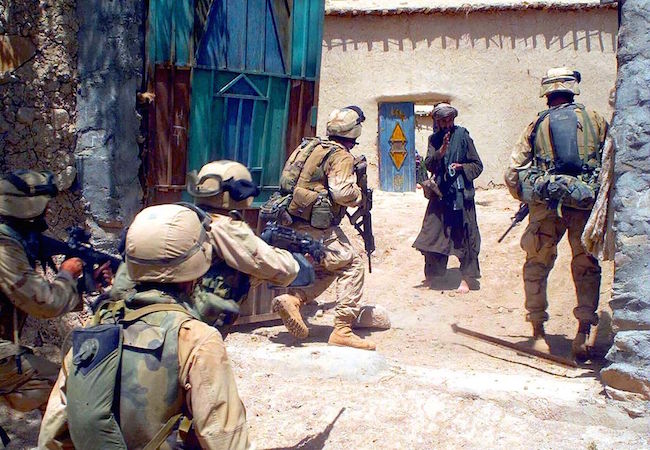Regional engagements in Afghanistan

By Nasurullah Brohi
The landlocked country of Afghanistan located in the Southwest Asia on the Iranian Plateau shares its borders with Pakistan, Iran, Turkmenistan, Uzbekistan, Tajikistan, and China. The country possesses identical importance and diverse interests for the whole region. Countries like Pakistan and India are not merely dominant stakeholders, but China also has huge investments resultantly, a secure and politically stable Afghanistan means a prosperous region.
For any good or bad reason, Afghanistan cannot geographically separate itself from the neighbors. The engagement of regional countries is awfully essential for the democracy, economic viability and the rule of law in the country and thus, the stable Afghanistan will itself contribute to the progress of the region.
Iran, China and Russia are some of the countries who are considered as rays of hope for the development and the rehabilitation process in Afghanistan. In the post NATO withdrawal scenario, the Russian side also does not want to set again its footprints in Afghanistan. Moreover, China conducts a highly cautious foreign policy of cooperation and noninterference in internal affairs of other countries and for China, the exploitation of business opportunities and further access to the commercial markets of the region are seen as valuable objectives. Significantly among all the other regional countries, Pakistan shares a greater camaraderie apart from the adjacent boundaries which include ethnic, cultural, linguistic and religious commonalities.
The year 2014 was a major shift in the political and military transition of the Afghanistan with a unified government under President Ashraf Ghani and a formal closure of combat mission – ending the Operation Enduring Freedom led by the US and partners at the end of 2014. There are still a total of 13,000 coalition forces in Afghanistan for training, advising and assisting the Afghan National Forces in the chaotic country. The bulk of foreign troops are further likely to be withdrawn from the year 2016 but the concerns about the security are still prevalent despite of the 13 years of war. The more pressing issue persists about the intensified and growing influence of the Taliban and recapturing those areas under its former control. Apart from the Taliban insurgency, many other militant groups like Hizb-e-Islami of Gulbadin Hikmatyar and Haqqani Network under the Jalauddin Haqqani actively operate inside the Afghanistan.
The prospects for Afghanistan and the regional states are also intimately interconnected and the productive corporation involving Afghanistan and its neighbors is indispensable for the regional stability. Obviously, Afghanistan alone, at least in present circumstances does not have the capability to sustain and improve its economic and other social conditions and to create conducive environment for the security and rule of the law for the better living of its citizens.
Particularly, it is incontestable that regional and external support for Afghanistan also roams around the symbiotic political stability within the Afghanistan. With the advent of the new government, the long-hoped development and progress objectives have not been achieved so far. The recent Afghan government under president Ghani and the Chief Executive Dr. Abdullah Abdullah has not itself flourished at the overwhelming levels of optimism of the Afghan people about creating better economic and security situations in the country. The Unity Government is facing lots of differences of opinion between its leadership on a wide ranges of political, economic and security matters of the country, but at least, the present government is seen much better than the previous government under President Hamid Karzai, which was hardly trusted by the common people due to the rampant corruption and injustice in every affair of the country. Though still many of such issues exist, given the fact the high rates of unemployment and the fragile economic conditions as a result of three decades long warfare and now the post withdrawal era with the concerns related to the capability of Afghan forces for creating a secure environment in the coming future are some of the factors which possess very less attraction for the foreign investment and entrepreneurship.
All of these shortcomings cannot be overcome without further economic and military assistance. Along with the position of other regional powers, the future of Afghanistan mainly depends on U.S role and its firm commitment as envisaged, for creating a secure, stable and unified Afghanistan for future generations.




